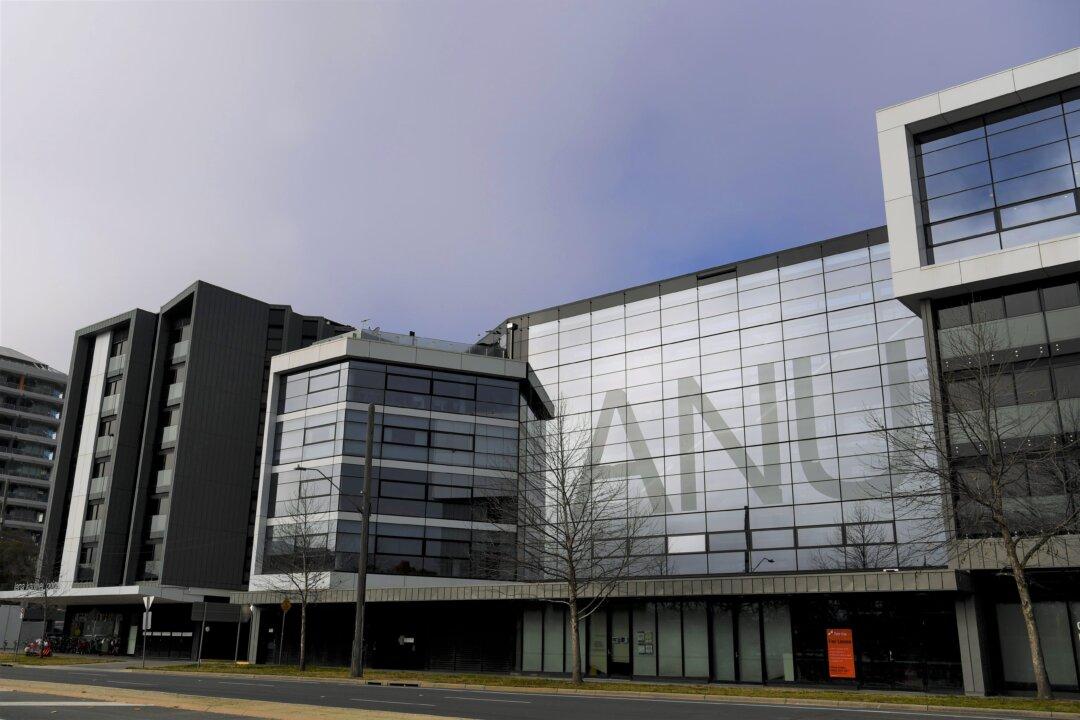Commentary
On Christmas Eve 2021, Australia’s Acting Minister of Education, Stuart Robert, vetoed six research grants, that had been recommended by the Australian Research Council (ARC) for funding. The proposed research projects dealt with modern-day China, the motivation behind school students’ climate activities, exploration of early English literature and theatre, and the connection of religion to science fiction and fantasy novels.





